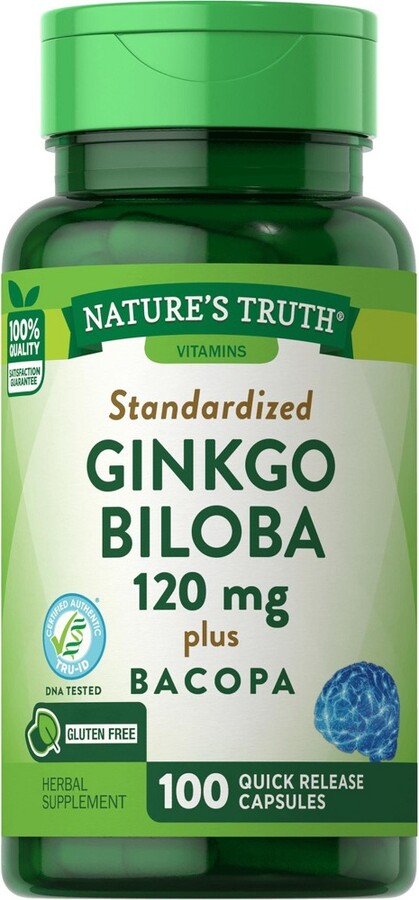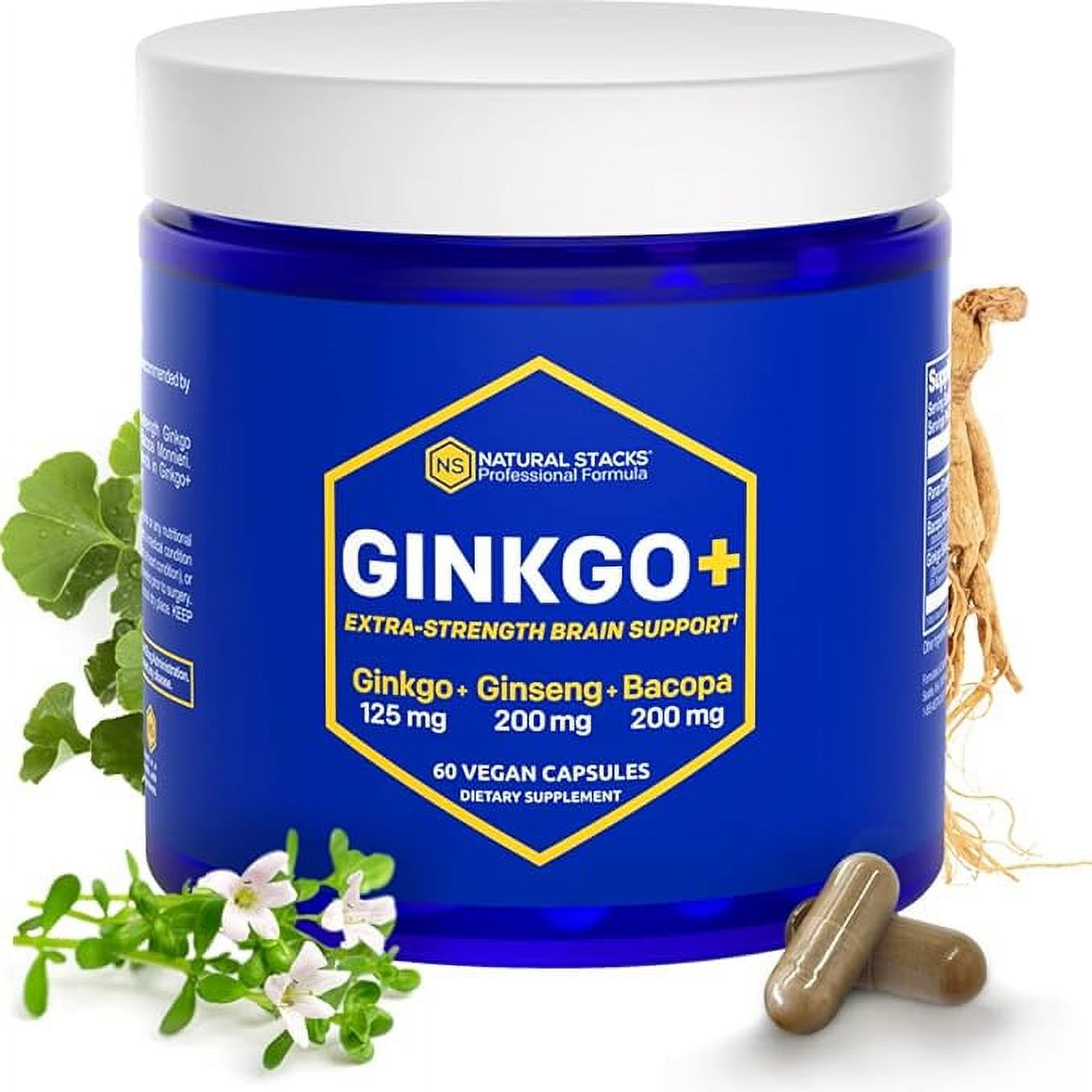Bacopa Monnieri Ginkgo Biloba And Huperzine A

Cognitive enhancement is now a rapidly evolving field, raising critical questions about safety and efficacy of popular nootropics. Bacopa Monnieri, Ginkgo Biloba, and Huperzine A are under increasing scrutiny due to potential adverse effects and inconsistent results reported in recent studies.
This article provides a concise overview of the latest findings regarding the use of these supplements, addressing concerns about their effectiveness and potential risks, while guiding consumers and healthcare professionals toward informed decision-making.
Bacopa Monnieri: The Ancient Herb Under Modern Scrutiny
Bacopa Monnieri, an herb used for centuries in Ayurvedic medicine, is marketed for its cognitive-enhancing properties. Proponents claim it improves memory and reduces anxiety.
However, a recent meta-analysis published in the Journal of Ethnopharmacology (2023) reviewed 20 randomized controlled trials involving over 1,000 participants. The study showed only modest improvements in memory recall, with no significant benefits in attention or cognitive processing speed.
Reported side effects include gastrointestinal distress, nausea, and fatigue, affecting up to 15% of users in some trials, according to data from the National Center for Complementary and Integrative Health (NCCIH).
Ginkgo Biloba: Unreliable Cognitive Booster
Ginkgo Biloba, derived from the Ginkgo tree, is widely used for its purported ability to enhance cognitive function and improve blood flow to the brain.
The Cochrane Database of Systematic Reviews published a meta-analysis in 2018 encompassing 36 trials with over 7,000 participants. It found no consistent evidence that Ginkgo Biloba provides cognitive benefits for healthy individuals.
Moreover, the review highlighted potential risks such as increased bleeding, especially in individuals taking anticoagulants like warfarin or aspirin, with reported incidents documented by the FDA's Adverse Event Reporting System (FAERS).
Huperzine A: The Powerful But Risky Compound
Huperzine A is a naturally occurring alkaloid extracted from the Chinese club moss, Huperzia serrata. It is known for its potent acetylcholinesterase inhibiting properties, boosting acetylcholine levels in the brain.
A 2021 study published in Alzheimer's & Dementia: Translational Research & Clinical Interventions examined the efficacy of Huperzine A in individuals with mild cognitive impairment. The research, involving 200 participants, showed some improvements in cognitive test scores.
However, concerns remain regarding its long-term safety and potential for cholinergic side effects. These side effects include nausea, vomiting, diarrhea, and muscle cramps, with several case reports submitted to the National Poison Data System citing adverse reactions, particularly at higher doses.
The Need for Cautious Use and Further Research
While each of these compounds possesses some evidence supporting cognitive benefits, the overall evidence base is inconsistent and warrants caution. The purported advantages often do not outweigh the potential risks for many individuals.
The FDA does not regulate these supplements as rigorously as prescription drugs. This leads to variations in product quality and dosage, exacerbating the risk of adverse effects.
Healthcare professionals urge consumers to consult with their doctors before using Bacopa Monnieri, Ginkgo Biloba, or Huperzine A, especially if they have pre-existing medical conditions or are taking other medications.
Further, large-scale, well-controlled studies are needed to definitively determine the efficacy and safety of these cognitive enhancers.
What's Next?
Researchers at the National Institutes of Health (NIH) are currently conducting additional trials to assess the long-term effects of these nootropics on cognitive function and overall health.
The NIH aims to release preliminary findings within the next year. These finding will potentially offer more clarity regarding the risk-benefit profile of these widely used substances.
Consumers should stay informed and remain vigilant regarding new scientific evidence. They should rely on advice from qualified healthcare providers before incorporating these supplements into their health regimen.


















